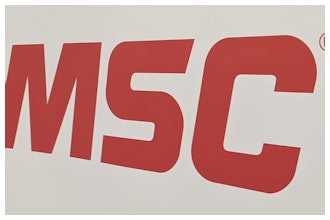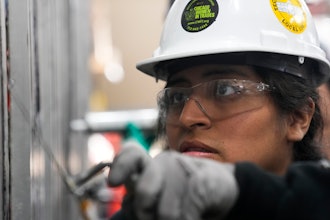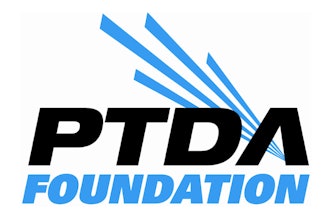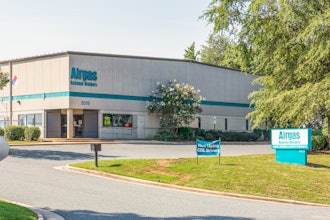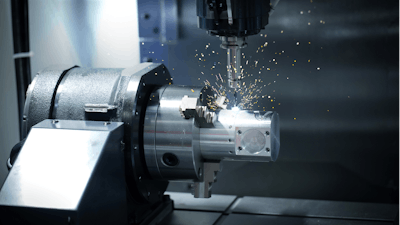
KNOXVILLE, TN and MELVILLE, NY — The University of Tennessee, Knoxville (UTK) and MSC Industrial Supply Co. announced Nov. 17 a public-private research partnership aimed at advancing machining across the United States.
Under the partnership, MSC’s team of professional metalworking specialists will work closely with undergraduate and graduate students, as well as manufacturers, to conduct research that will enable and drive innovation in smart manufacturing. To reflect MSC’s commitment to machining research as a premier distributor of metalworking products and services to industrial customers, the Machine Tool Research Center on the UTK campus will host the MSC Machining Research Laboratory.
"This partnership provides the presence of MSC as a leader in machining on the UTK campus at the Machine Tool Research Center. This unique relationship highlights UTK's commitment to manufacturing research, including advanced machining, and provides a tremendous opportunity for undergraduate and graduate students to work with MSC on solving real-world machining problems and developing next-generation machining capabilities," said Matthew Mench, Dean of the Tickle College of Engineering at UTK.
The primary focus of the MSC Machining Research Laboratory is to improve the practicing engineer’s ability to produce accurate components in a timely manner. For MSC, the partnership affords an opportunity to deliver on its vision of solving manufacturing’s mission-critical challenges in support of a successful industrial economy. The partnership provides a significant opportunity to build on MSC MillMax, an award-winning service that helps improve the milling performance of Computer Numerical Control (CNC) machine tools and other emerging technologies and innovations.
“Partnering with UTK builds on the research relationship we enjoy with Oak Ridge National Laboratory,” said Jamie Goettler, Sr. Director, Metalworking Sales & Innovation for MSC. “Pairing our metalworking specialists with forward-looking faculty researchers, as well as students at UTK’s College of Engineering will help us continue to drive innovation to advance manufacturing in the Southeast and across the United States.”
The MSC Machining Research Laboratory at the University of Tennessee Machine Tool Research Center is expected to benefit manufacturers across the Southeast and the United States by providing the ability to work directly with MSC’s technical experts and UTK faculty and student researchers on smart manufacturing technology.
"MSC’s partnership in the UTK Machine Tool Research Center will provide an invaluable resource for our private-sector partners. It will enable manufacturers in the greater Tennessee Valley to observe new technology and work directly with MSC on its adoption in their manufacturing facilities," said Tony Schmitz, Professor and Director of the UTK Machine Tool Research Center, Oak Ridge National Laboratory Joint Faculty, and Director of the Southeastern Advanced Machine Tools Network (SEAMTN), a consortium of companies, colleges and universities, national laboratories, non-profit organizations, and the Tennessee state government seeking to strengthen the U.S. industrial base.
The mission of the Machine Tool Research Center is to serve the discrete part manufacturing community and enable next-generation Smart Manufacturing. The overall focus is improving the practicing engineer’s ability to produce accurate components in a timely manner; this has important ramifications for both the private and defense sectors. Our approach is to perform fundamental research in support of this goal, while taking care to consider the practical implementation of our research efforts. Through this combined agenda, students from the high school to graduate levels are trained to have strong analytical/numerical modeling capabilities coupled with fundamental experimental techniques and data analysis skills, including physics-based machine learning.











